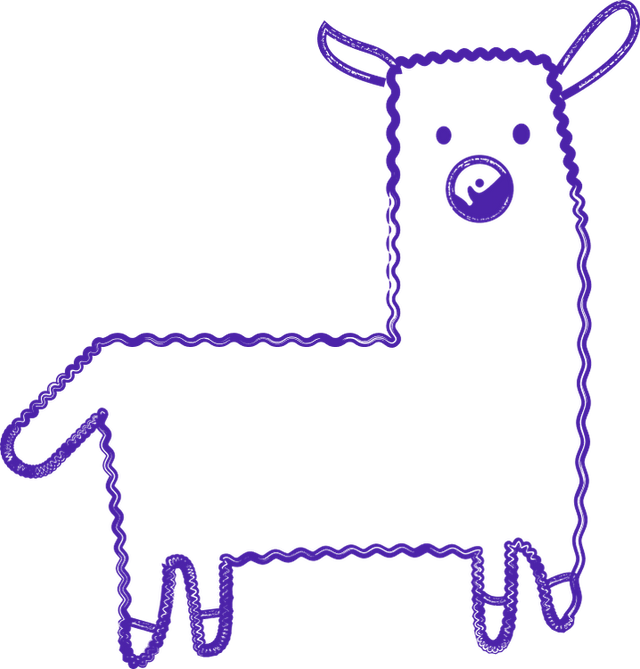
dynamic link library dll
Dynamic Link Library (DLL)
Benefits of DLLs
DLLs offer several advantages that contribute to the overall efficiency and effectiveness of software development projects. Firstly, DLLs promote code reusability, allowing developers to utilize pre-existing functions and data across multiple applications. This not only saves time and effort but also ensures consistency and reduces the chances of errors caused by redundant code.
Moreover, DLLs enable developers to create modular applications by separating different functionalities into distinct components. This modular approach enhances the maintainability and scalability of software systems, as changes made to a specific DLL can be easily incorporated into various applications that rely on it.
Another significant benefit of DLLs is their ability to minimize memory usage. When multiple applications use the same DLL, the functions and data within the DLL are loaded into memory only once, reducing the overall memory footprint. This optimization technique enhances system performance and allows for the efficient utilization of system resources.
Dynamic Linking
The term "dynamic" in DLL refers to the way these libraries are linked to applications during runtime. Unlike static libraries, which are linked at compile-time, DLLs are linked dynamically, enabling applications to access their functions and data when needed. This dynamic linking mechanism offers flexibility and versatility, as DLLs can be updated or replaced without requiring recompilation of the entire application.
Furthermore, dynamic linking facilitates the sharing of resources among multiple applications. By loading DLLs into memory only when necessary, system resources are allocated more efficiently, resulting in improved performance and responsiveness.
Conclusion
In summary, Dynamic Link Libraries (DLLs) are essential components of software development that enhance modularity, reusability, and efficiency. By promoting code reusability, enabling modular design, minimizing memory usage, and facilitating dynamic linking, DLLs contribute to the development of robust and scalable applications. Incorporating DLLs in software projects allows developers to create more efficient and maintainable solutions, ultimately benefiting both developers and end-users. A dynamic link library (DLL) is a file that contains code and data that can be used by multiple programs at the same time. This allows for more efficient use of resources and easier application development. DLLs are essential components of the Windows operating system and many third-party software applications. They can contain functions, classes, variables, and resources that can be accessed by other programs through a process called dynamic linking.
Dynamic linking allows programs to access the code and data in a DLL file at runtime, rather than having to include it in the executable file. This helps to reduce the overall size of the executable file and allows for easier updates and maintenance of shared code. DLLs can be created using programming languages like C, C++, and C#, and can be used to extend the functionality of existing programs or provide reusable components for multiple applications.
Overall, dynamic link libraries play a crucial role in software development by enabling code reuse, improving resource management, and facilitating modular design. By understanding how DLLs work and how to effectively use them in your applications, you can streamline development processes, enhance performance, and create more flexible and scalable software solutions.
Let’s build your next digital product — faster, safer, smarter.
Book a free consultationWork with a team trusted by top-tier companies.








